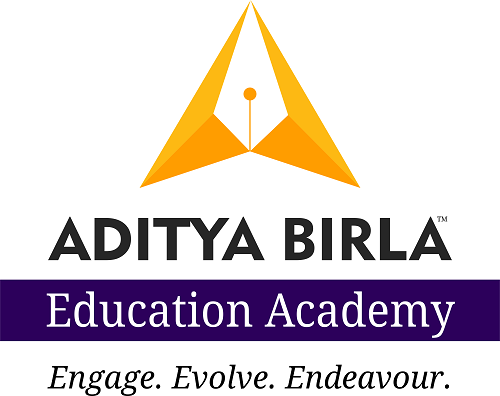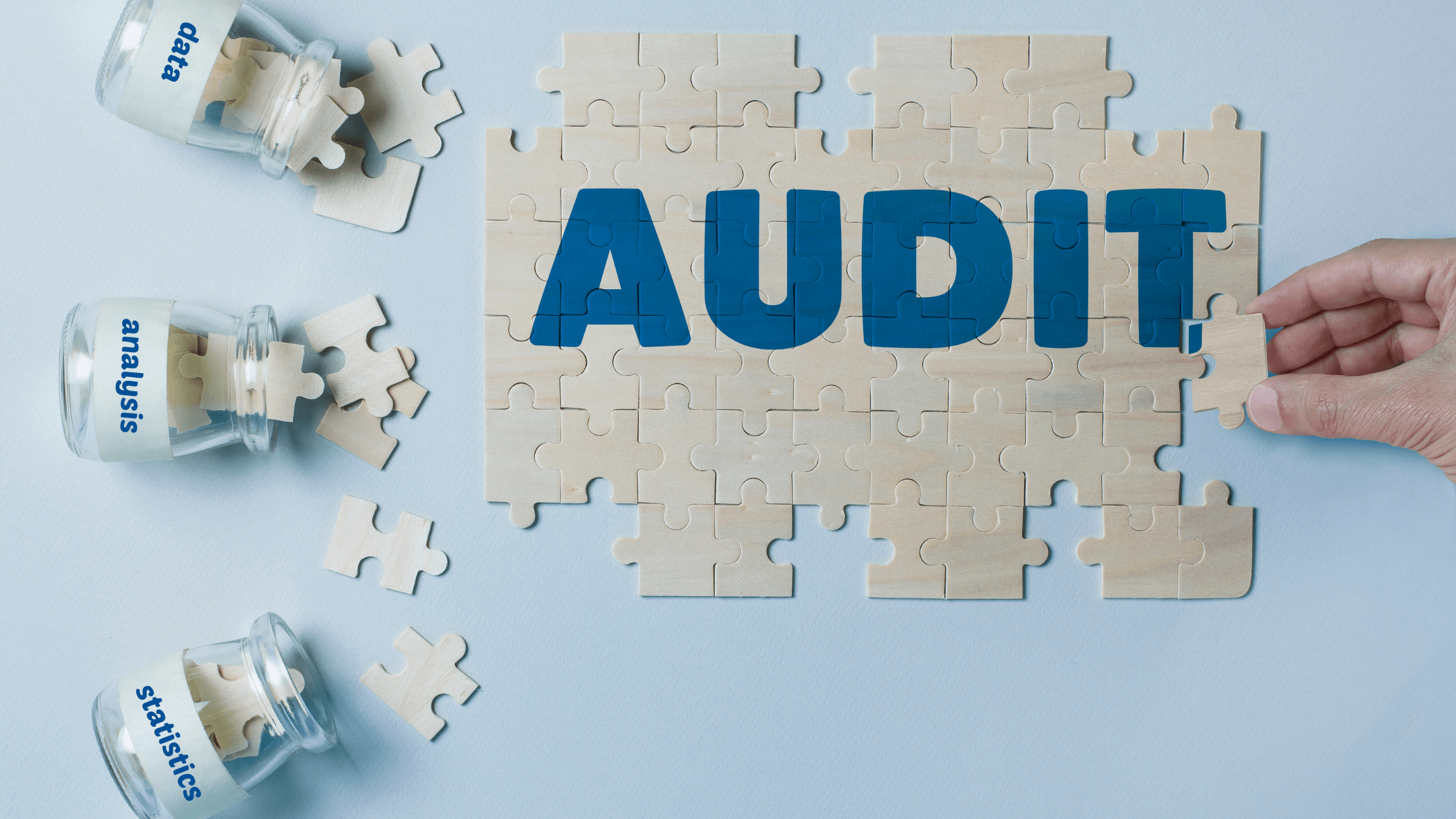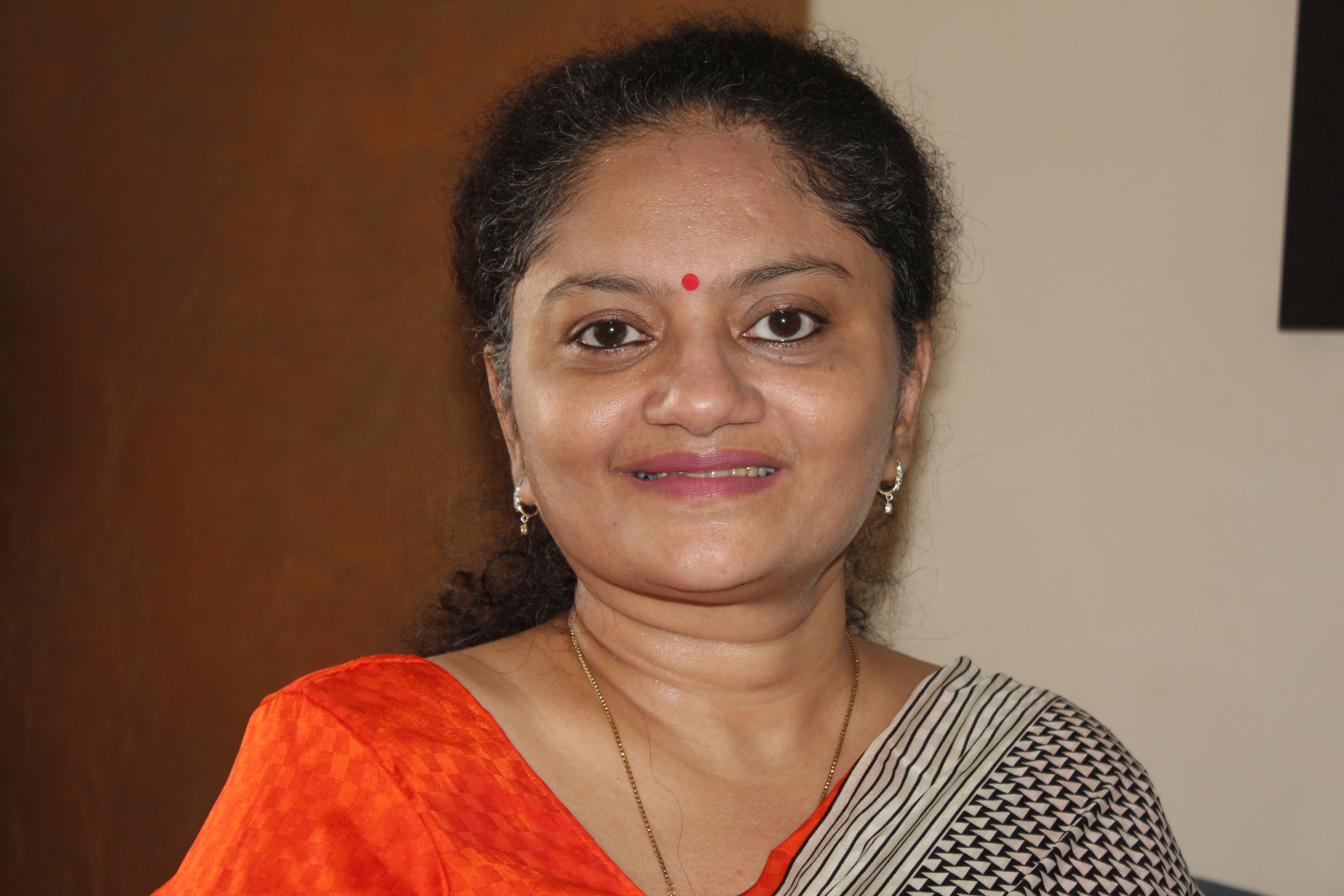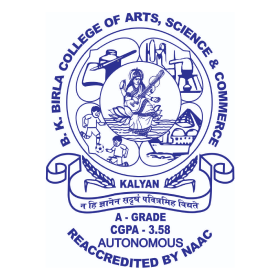The idea of school audits is Kaizen for schools. Schools and school systems in India relate to the word ‘inspections’ from the board rather than audits. So the question here is how does a ‘school audit’ differ from the regular ‘inspections’ carried out by the board. Inspections are regular visits by the board or government authorities to see the functioning, attendance, results etc. by the board or an authority that grants aid to the school. However, audits are processes that entail detailed evaluation of the systems and processes employed by the school and give them constructive feedback to improve.
It has become important for schools to reflect upon their practices hence school audits by a third party agency are becoming an integral part of school systems today. Schools need to reflect on their existing practices for teaching - learning - assessment and their alignment to the affiliated board. Most progressive schools believe in continuous improvement through the Plan- Do - Act - Change, in short the PDCA cycle. The PDCA cycle helps each stakeholder in the school to take up a problem statement, identify the same and work to improve upon processes and systems. It is important for schools to monitor the impact of improvement through constant monitoring and evaluation and that is what school audits are all about.
Find a professional development course for teachers in India- /workshops
A continuous school improvement plan should have a five pronged approach - leadership and governance, teaching - learning process, the child, curriculum and assessment and instructional resources which is constructive and futuristic in its approach towards school improvement. So the big question here is ‘What should a school’s approach be towards audits?
School improvement works best when the audits are self -reflective in nature. Schools should evaluate their practices on all the standard parameters that have been set aside in the five pronged approach. Some of the tips to approach a school audit are:
- Have indicators in each of the five areas mentioned above, which are clear, measurable and reflect the school policies. School’s should appoint one person as the coordinator for the audit process who is able to collect all the data. All data must be collected section wise and separately.
- The areas under which the school audits can take place are
- School governance - Details about the school leadership, management and organisation structure, financial resources and infrastructure
- Have a clear vision and a mission for the school which is measurable. Let all the stakeholders of the school be aware of the school’s vision and mission
- Academic and Curriculum processes - The parameters for teacher observations must be clear and understood by all the teachers
- Teacher induction and appraisal policy, records of all services of a teacher, ongoing professional development for teacher programs in the schools, SOP’s for teacher appraisals and HR policies
- School’s admission process, onboarding of students, policies for student welfare, student safety and POCSO in school, school’s participation in events and promotion of extracurricular activities
- The school’s curriculum - written, taught and assessed and some aspects of the hidden curriculum
- Finally, performance measurement should be done on the basis of the PDCA cycle as to how the processes in the schools are improved basis of self-reflection and the cycle of continuous improvement is within the school systems
- How aligned are every stakeholder to all the processes and systems within the school?
Also read, Reasons why teacher training is the need of the hour. Avail online teacher training workshop.
To successfully conduct the school improvement cycles, it is important that there is alignment between the stakeholders on the processes involved,
- Collective willingness to engage in the process of improvement through the audit
- Clearly defined ideas about the problem and a road map to go ahead
- A capacity to execute these ideas
Looking for a school enhancement program? ABEA offers best online workshops for teachers.








